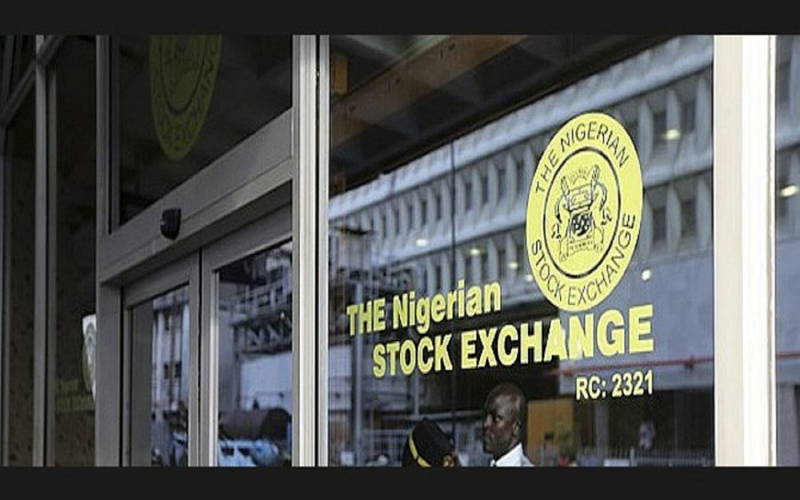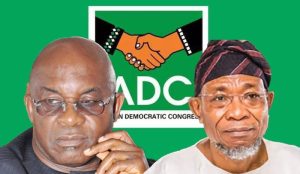
The Nigerian naira extended its losing streak against the US dollar yesterday, closing at N1,615 in the parallel market, down from N1,610 the previous day. The local currency also weakened in the official Nigerian Foreign Exchange Market (NFEM), depreciating to N1,602 per dollar from N1,596 on Monday, according to data released by the Central Bank of Nigeria (CBN).
The latest figures show the gap between the official and parallel market rates narrowing slightly to N13 per dollar, compared to N14 on Monday. This comes amid sustained pressure on the naira despite recent interventions by monetary authorities to stabilize the currency.
Market analysts attribute the persistent depreciation to several factors, including strong dollar demand from importers, limited foreign exchange supply, and speculative activities. The CBN has maintained its stance on allowing market forces to determine exchange rates, though it continues to intervene periodically to curb excessive volatility.
Economic experts warn that the naira’s continued weakness could exacerbate inflationary pressures, with prices of imported goods and services likely to rise further. This development comes as Nigerians grapple with high costs of living, with food inflation remaining stubbornly high.
The CBN is expected to continue its monetary tightening measures to support the currency, with many anticipating another possible hike in the Monetary Policy Rate (MPR) at the next Monetary Policy Committee meeting. However, some analysts argue that structural reforms and increased foreign investment inflows are needed to achieve lasting exchange rate stability.
As the naira struggles, businesses and individuals relying on foreign exchange for transactions face growing challenges, with many turning to alternative arrangements to meet their dollar needs. The situation remains fluid, with market watchers closely monitoring the CBN’s next moves and global oil price trends, which significantly impact Nigeria’s foreign exchange earnings.
The continued depreciation raises concerns about its potential impact on Nigeria’s economic recovery efforts, particularly as the government works towards achieving its much-touted $1 trillion economy target. Stakeholders are calling for more decisive actions to boost liquidity in the foreign exchange market and restore confidence in the local currency.








